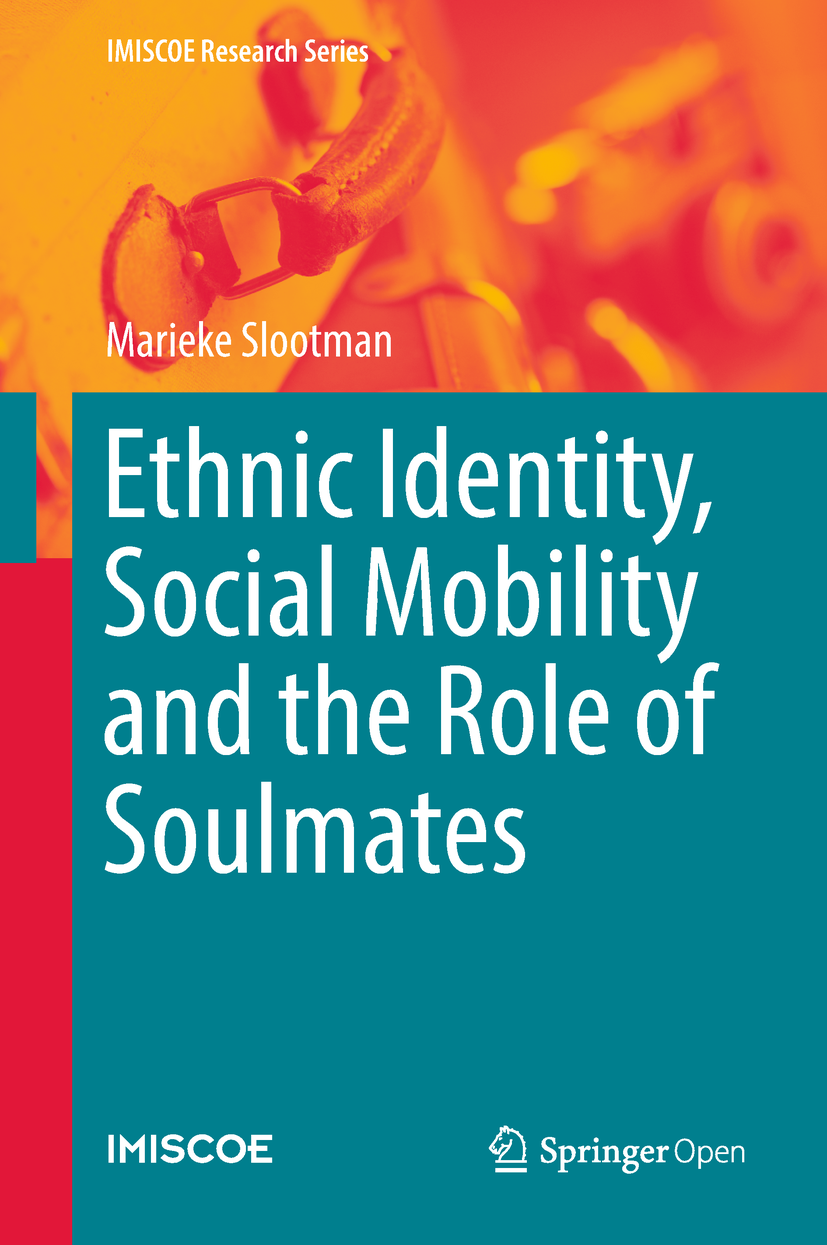Publications
Ethnic Identity, Social Mobility and the Role of Soulmates

- Category: IMISCOE Research Series
- Edited by : Marieke Slootman
- Publisher: Springer
- Library: IMISCOE Research Series
- Year: 2018
-
download:
Review
Based on a study among higher-educated adult children of lower-class Turkish and Moroccan immigrants in the Netherlands, this open access book explores processes of identification among social climbers with ethnic minority backgrounds. Using both survey data and open interviews with these ‘minority climbers’, the study details the contextual and temporal nature of identification. The results illustrate how ethnicity is contextual but have tangible and inescapable effects at the same time. Also the findings call for a more reflexive use of terms like ethnic ingroup/outgroup and bonding/bridging. Overall, the book helps us understand the emergence of middle-class segments that articulate their minority identities and as such it will be of great interest to academics, policy makers and all those interested in processes of integration and/or diversity.
Content
- Ethnic-Minority Climbers. Winning the Golden Calf
Slootman, Marieke
Pages 1-11 - Studying Ethnic Identification. Tools and Theories
Slootman, Marieke
Pages 13-40 - A Mixed-Methods Approach
Slootman, Marieke
Pages 41-57 - The Dutch Integration Landscape
Slootman, Marieke
Pages 59-83 - Self-identifications Explored. ‘Am I Dutch? Yes. Am I Moroccan? Yes’
Slootman, Marieke
Pages 85-109 - Identifications in Social Contexts. ‘I Am… Who I Am…’
Slootman, Marieke
Pages 111-147 - Trajectories of Reinvention. Soulmates and a ‘Minority Culture of Mobility’
Slootman, Marieke
Pages 149-168 - Ethnic Identity and Social Mobility. Wrapping up
Slootman, Marieke
Pages 169-179
Benefits
- This open access book demonstrates the complexity of identifications and provides guidelines on how to study it
- Combines the exploration of individual mechanisms with indications of generalizability
- Shows that qualitative and quantitative methods do not necessarily belong to separate paradigmatic domains

